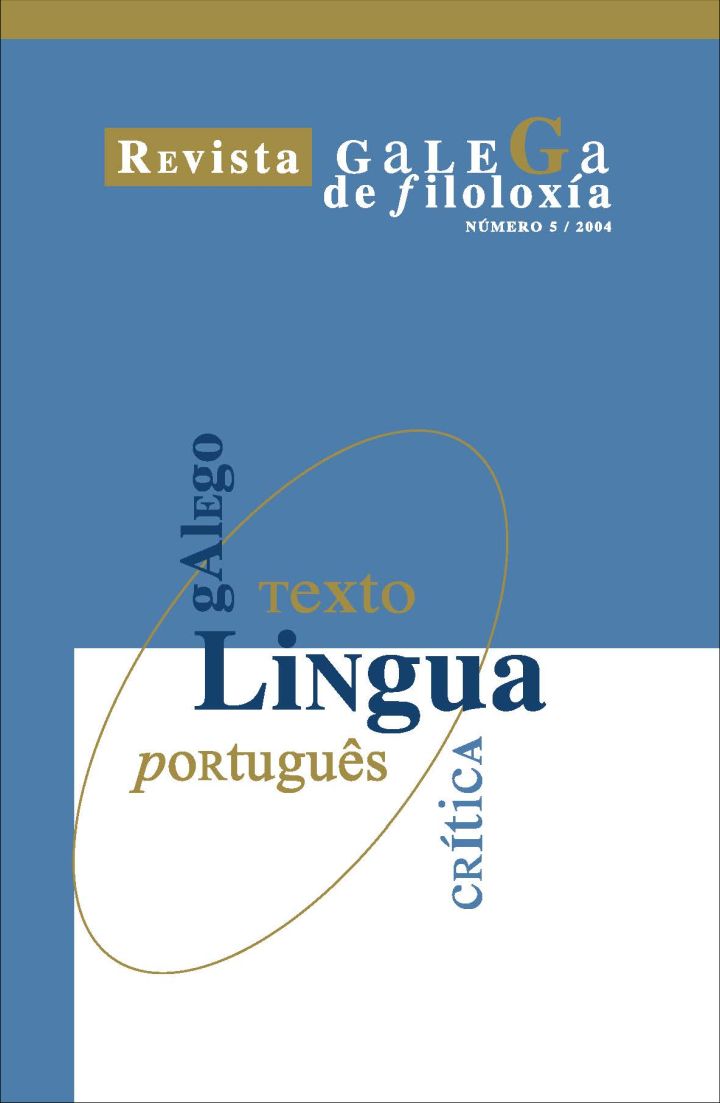Adaptation as a legitimate translation strategy
Main Article Content
Abstract
Set within the framework of the eternal and ongoing debate raging within translation studies regarding the legitimacy or not of adaptation as a basis translation strategy, backed by concrete examples, this article set within the context of global translation via dynamic equivalences based on intersystemic transfer and exchange argues that adaptation is not only legitimate, but indeed necessary and unavoidable when language switching is involved. It is argued that by becoming fully aware of this fact, the translator could use it creatively to his advantage, thus ensuring the full functionality of the new (translated) text within its receptor system.
Keywords:
Downloads
Metrics
Article Details
References
Campbell, George, L. (1998): Concise Compendium of the World’s Languages (Londres: Routledge).
Chandler, D. (1995): The Act of Writing. A Media Theory Approach (Aberystwyth: Universidade do País de Gales).
Kervella, Goulc’han (1999): E vrenigenn diwezhañ (Brest: Al Liamm-An Here).
Kim-lung Au, Kenneth (1999): “Cultural Transfer in Advertisement Translation”, en Caillé, P.-F. (fond.): Babel. Revue Internationale de la Traduction, 45: 2 (97- 106) (Amsterdam/Filadelfia: John Benjamins).
Kussmaul, P. (1995): Training the Translator (Amsterdam/Nova Iorque: John Benjamins) Moravia, A. / Mancuso, G. [trad. Palao, J.] (1975): Mao Tsé-Tung (Madrid: Júcar).
Pinker, S. (1994): The Language Instinct (Londres: Penguin).
Rabadán, R. (1991): Equivalencia y traducción. Problemática de la equivalencia translémica inglés-español (León: Universidad de León).
Sampson, G. (1985): Writing Systems (Londres: Hutchinson).



